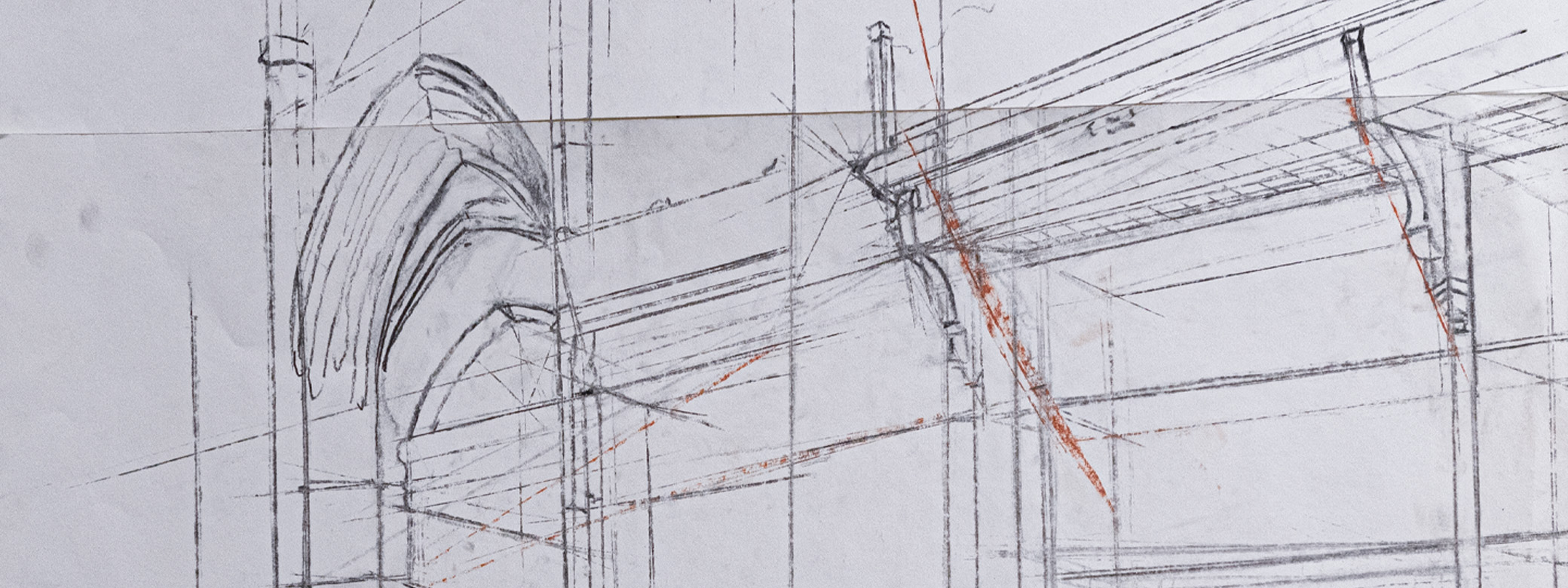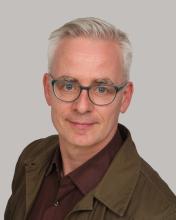Art History Associate Professor Marek Wieczorek was in Amsterdam from February to mid-June as a Fellow at NIAS, the Netherlands Institute for Advanced Study in the Humanities and Social Sciences. Inspired by and affiliated with Princeton’s Institute for Advanced Study, NIAS was founded in 1970 and is the first institute of its kind in Europe. It promotes interdisciplinary and curiosity-driven research, and it awards approximately thirty fellowships each year to scholars from around the world.
Wieczorek's NIAS project title is the same as the working title for a long-term book project: Visionary Spaces, 1920-1930: Cross-Disciplinary Abstract Environments and Early Models of Transnationalism. As he said in his NIAS application, "The premise of the proposed book is that the merger of the arts into visionary spaces was more than symbolic, signaling not so much an international, but an early form of transnational ethos, meant to instigate equity and cross- disciplinary collaboration in all fields of human activity through the harmonization of formal elements…" Wieczorek has written previously about the Dutch art movement De Stijl and practitioners such as Theo van Doesburg, Piet Mondrian, and Georges Vantongerloo. During his time at NIAS, he planned to do research in Dutch / German collections and write chapters on The Bauhaus, the constructivists El Lissitzky and László Moholy-Nagy, Polish abstraction, and Dadaist Kurt Schwitters. The NIAS environment is conducive to productive interdisciplinary exchanges and conversations with other fellows, which positively affect research and writing.
The pandemic altered some of Wieczorek's plans. Here is what he reports:
"Unfortunately, COVID-19 impacted the normal experience at NIAS in that the various informal meetings, lunches, and bi-weekly live seminars soon were replaced by the more structured and impersonal format of Zoom conferences. Because travel was restricted, and offices and libraries closed, I shifted some of my intended work to a related project that stemmed from a find in a private archive of photographs showing missing Mondrian paintings. Work on these paintings and on the Merzbau by Schwitters will eventually be integrated into the larger book project, on which I am making steady progress. Despite the pandemic, this fellowship has been fruitful, and I have been grateful to have my family with me throughout it."

